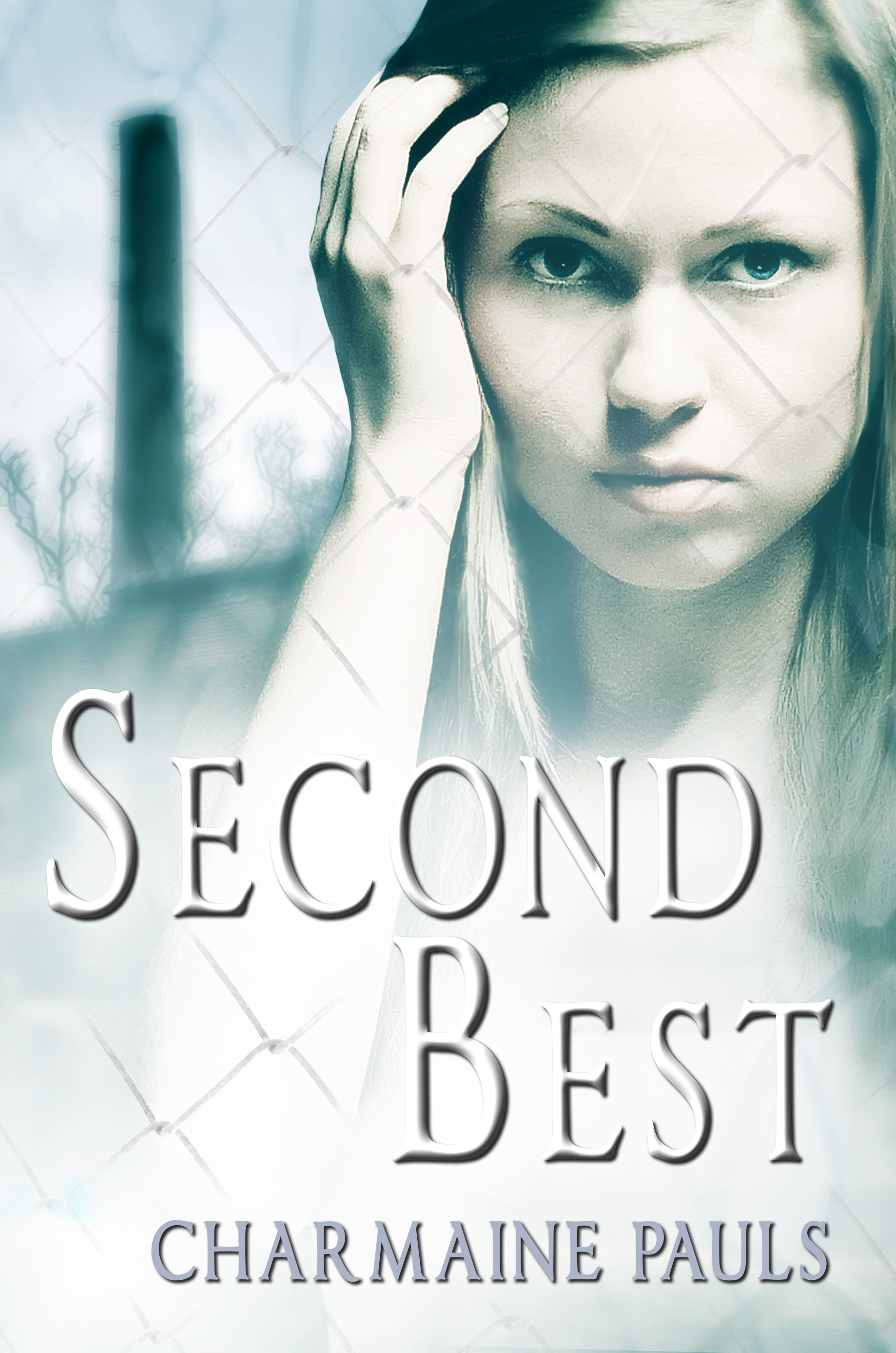My guest today is the author of one of my favorite books, The Winemaker. I’d like to introduce you to my author friend, Charmaine Pauls. She has sent along some invaluable writing tips on how to get published. Charmaine is part of the Melange family and is branching out into new genres as you will see below. Enjoy!
10 Steps in getting published
- Invest in a course
I highly recommend kicking off your writing career, or boosting it if you’ve been writing for a while, with a course in novel writing. Besides giving you the know-how of technicalities and practicalities of plot, dialogue, pace and writing the perfect beginning, middle and end, it should also cover areas such as writing query letters and blurbs. If a course proves too challenging in terms of time or funds, try some of the excellent books available on the subject. One of my favorites is The Writer’s Digest Handbook of Novel Writing (from the editors of Writer’s Digest), but there are literally hundreds to choose from.
- Join a writers’ network
No man is an island. Even the most solitary of writers need to connect with like-minded people. The fact that writing requires long hours of isolated work often poses a challenge to avoid working in a bubble. The most I’ve learned about writing and improving my skill is from my writers’ group. Being part of a dedicated and professional group can be an extremely helpful tool in growing, exercising and fine-tuning your talent, as your work is critiqued in a loving and caring environment. Not only will it push you to achieving a higher work standard, but the inspiration and support you’ll get from fellow-writers are invaluable. It often also leads to meeting a mentor or someone who relates to your work and who becomes a soundboard for plots and problems. Membership presents exposure to courses and competitions, as well as invitations to submit work for publishing. Ask at local associations or universities for a list of groups or clubs. Many writers’ groups run websites or blogs. A couple of minutes on the internet can turn up just the right group for you.
- Research your genre
Read, read, read. Read everything you can get your hands on in your genre. Borrow books from friends. Start or join a book exchange program. Visit second-hand bookstores. Check for special and free deals on eBooks. Ask for a membership discount at your local bookshop. Get a library card. If you’re not sure in which direction your writing is going to go, don’t harp on it too much. It may take writing a few books before you discover your niche, and it often shows up in your writing if you follow your heart and write what you’re passionate about. When asked why I write romance, I always answer because that’s what I like to read most. It makes my heart beat faster. Read the best of the best in your field of interest. It inspires, teaches by example and refuels creativity. It’s an indispensable investment.
- Be disciplined
Creativity doesn’t come to life with the push of the computer’s start-up button, but write every day nevertheless. Set a schedule for yourself and stick to it. I’ve spoken to many aspiring novelists who claim that they have several unfinished manuscripts in a drawer, but never advance to actually completing anything. Tackle a task and finish it. Write over the dip in creativity and fix it later. Keep at it. Respect your timetable and ask others to respect it too. Unplug the phone or write away from home if you must. Find a corner in a Starbucks if distractions at home or the constant ring of the doorbell interfere with your concentration. Write when your creativity is at its peak. My best time for writing is early morning. I book four hours every day from 9 am to 1 pm and everyone knows that I’m only to be disturbed in case of an emergency. In the evening when my creative performance experiences a slump, I edit or do my review reading for two hours. Afternoons are reserved for after-school activities with the kids, chores and exercise. Weekends are family time, unless I’m in my editing cave. Maintain a healthy balance in your schedule. You know what they say about all work and no play!
- Present the best work you can
Have an excellent product to sell. Write with passion. Write what comes from the heart and what makes you tick. Use your unique voice and style. Once your manuscript is complete, save it away in a file (and don’t forget to make a back-up!) and let it cool for a couple of months. When you go back to it, it’ll read fresh and obvious errors and necessary improvements will jump at you from the screen. I prefer to edit my manuscripts at least three times before I put the final full stop. Then give it to a friend (or even better – two or three) to read to ensure it’s free of typos and grammatical errors. You’re a serious and professional writer, and your work should reflect this.
- Employ an editor
If you can afford to, employ the services of a good editor. There are several private editors advertising their services (always ask for referrals), or you could invest in an editing package from companies such as Amazon’s CreateSpace that is tailored to self-publishing authors’ needs. This is an invaluable experience, especially for your first novel, that can help you improve greatly and avoid the common pitfalls. If a paid service is not an option, try to negotiate an exchange of services with an editor. You could, for example, offer a writing service in exchange for editing. (I often write articles for magazines in exchange for a free ad of my books.) Or, you could make a deal with a fellow-author to edit each other’s books. This is where writers’ groups can help greatly.
- Research your chosen publishers
Instead of shooting an arrow into the dark by blindly submitting your manuscript to hundreds of publishers, research each carefully. Publishers almost always list exactly what they are looking for in a story and what not in their submission guidelines. Read their requirements carefully. There’s no point in submitting a mystery to a publisher who only specializes in romance, or a sci-fi to a publisher who is closed for submissions in this genre. You’ll soon get a feel for each publishing house and its style. Be sure to submit your manuscript to the right publisher for your work. If they state ‘no memoirs’ in their guidelines, they mean it. A well-written memoir won’t slip through because of its craft. This is all about marketing and selling a product, so stick to the rules. It helps to do a search of the publishers who are actually calling for submissions in your genre. This way you know that you are providing work for which there is a need, and your chances at receiving a contract are considerably higher. The research initially takes time, but it saves time and frustration in the end.
- Follow the guidelines
You have a great product and you’ve found the right publisher for your style of writing who is open to submissions. Read the submission guidelines carefully. This is non-negotiable. A font type and size, line spacing and indent will be specified, as well as the acceptable electronic file formats. While most publishers these days prefer to receive electronic submissions, some may still require a typed manuscript by snail mail. When they state that submissions not complying with the requirements won’t be considered, they are serious. Each publisher has their own requirements in terms of how much they initially want to see of your work. Some may ask for only a query letter including a short synopsis, while others may ask for a three to four page synopsis, or/and the first three chapters of your book. Some publishers demand attachments while others want the required text to be part of the body of the email. They may also have a specific manner in which to name your files, or a required subject header for your email submission. Make sure that you get it right before sending off your work.
- Don’t give up
You wait in anticipation, anything from between two or three weeks to six months, and the answer is no, sorry, but your story is not what we want right now. Hang in there. If you’re lucky enough to have received feedback from the editor, use it to improve your manuscript. You may wish to submit the same manuscript after improvements to the same or other publishers, or to start on a new one altogether. Whatever you do, don’t give up. Even best selling authors have rejected manuscripts behind their names. Talent will bring you far, but passion and determination are what’s going to land that hard-earned contract in your lap.
- Write several books
Practice makes perfect. World-famous golfer Gary Player said luck comes with plenty of practice. It takes several books to become an accomplished author, with the exception of a few who made it from book number one. Even if you just write for yourself, write numerous manuscripts. Your style and skill will develop over time, always pushing your limits. Like with any exercise, if you want to be a top performer, you need to stay fit. It’s a time-consuming and energy drenching quest, but if it’s in your blood, it’s a calling that won’t let you go. Enjoy the journey!
SECOND BEST
Win a Kindle Fire!
Calling all paranormal erotic romance fans! Subscribe to my newsletter to receive notices of new book releases, and enter a draw to win a Kindle Fire Tablet. You can increase your chances of winning by liking my Facebook author page, by connecting with me on Twitter and by naming your all-time favorite paranormal romance in a comment on this blog. The competition runs from 3 July to 3 October at midnight, EST.
Refer up to 10 friends and receive another entry for each recommendation.


